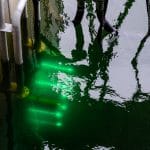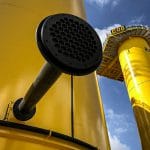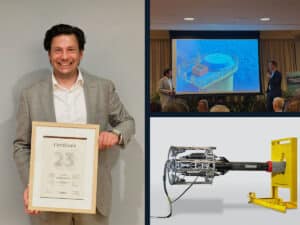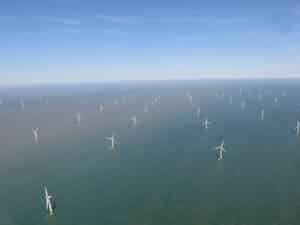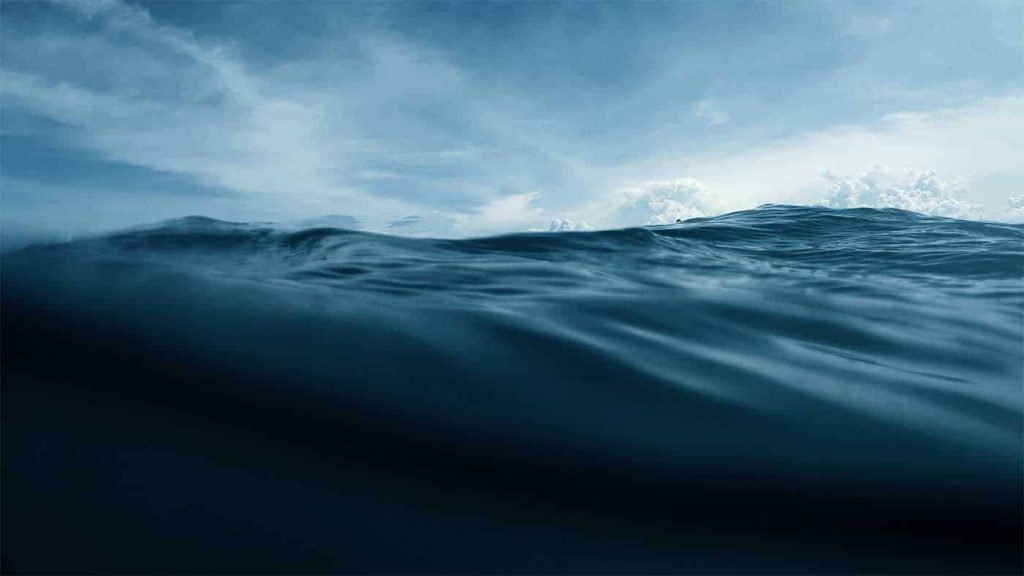
With great interest we followed the news that is currently being shared on various media platforms about ‘iron-eating’ bacteria found in the Gent-Terneuzen canal. The highly aggressive nature of this process, known as Microbiologically Influenced Corrosion (MIC), has attracted the attention of corrosion scientists and microbiologists around the world for decades.
This is something that CORROSION and in particular our in-house research laboratory are also aware of and have been investigating. In 2016, on behalf of Rijkswaterstaat and FL B.V., we completed a contracted study into accelerated corrosion on sheet piles, also in the Gent-Terneuzen canal. Our conclusions in 2016 similarly leaned towards the involvement of microbial processes in the accelerated corrosion found on these sheet piles, especially those at the Belgian/Dutch border.
While it is challenging to completely eliminate the problem, especially in open water, there are mitigating options available that can be beneficial to at least get it under control. We look forward to working with stakeholders to get to the root of this issue, but most importantly to find solutions to this problem, using our research capabilities and the many years of experience with corrosion protection methods.

